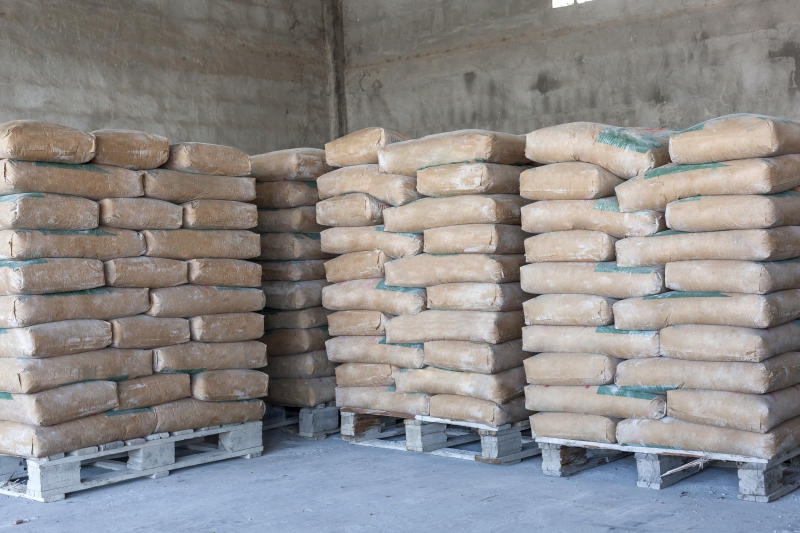×
The Standard e-Paper
Fearless, Trusted News

A United Kingdom investment firm has brought in turnaround managers after their investment in Kenya’s Athi River Mining (ARM) plummeted over 90 per cent in just three years.
British development financiers CDC have replaced Ketso Gordhan and Pepe Meijer with Sophia Bianchi and Rohit Anand at the loss-making cement maker.